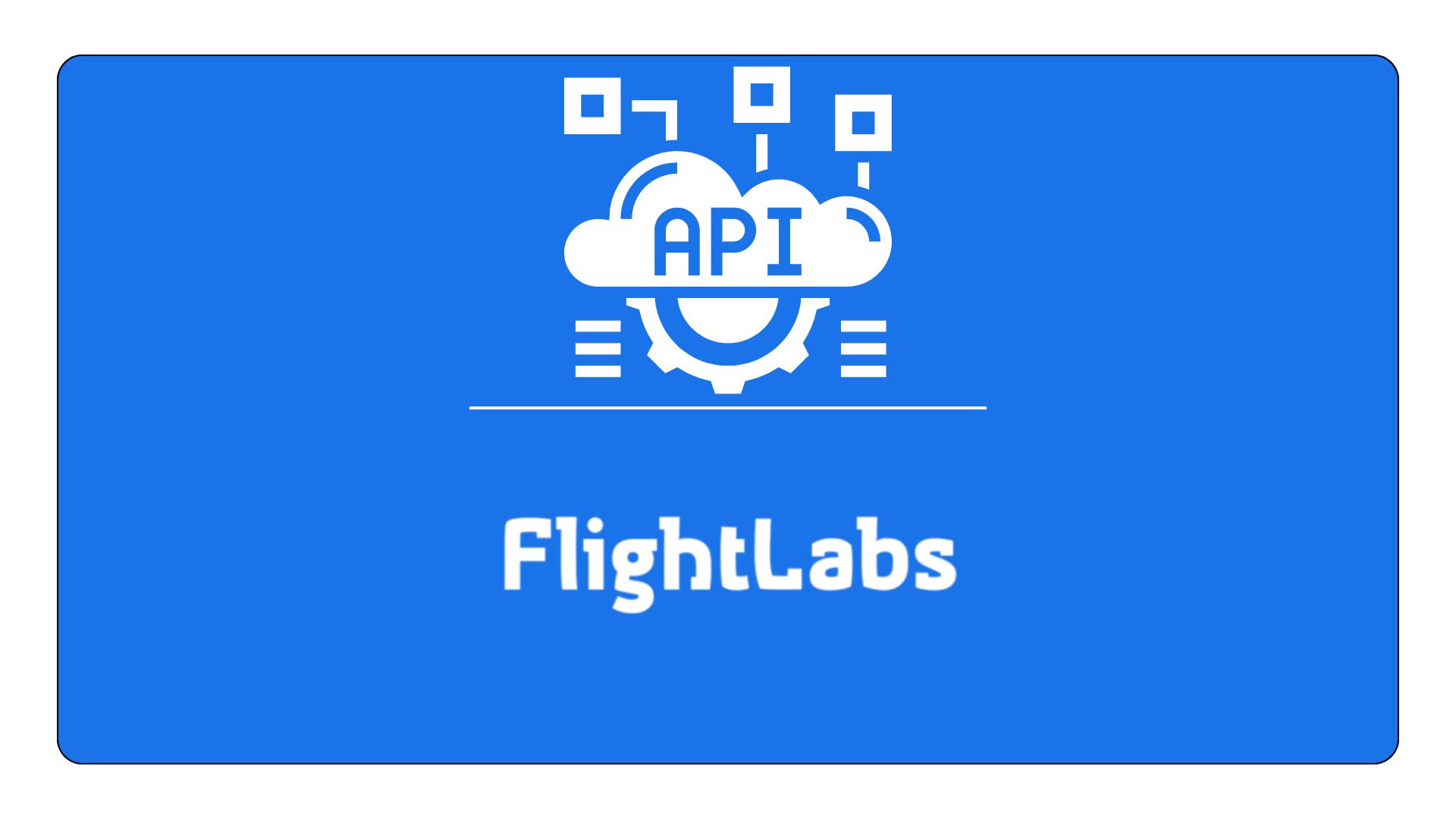Airports API For Accessing Global Airport Data

In today's digitally linked, fast-paced world, there has never been a greater need for real-time airport information. Precise data from airports across the world is essential for frequent travelers who expect flawless travel experiences as well as airlines who work hard to protect their schedule integrity. The development of Airports API technology, a crucial instrument that is revolutionizing the operations of airlines, travel apps, and logistics firms, is at the core of this demand. Users will be able to quickly obtain flight information, gate changes, delays, and even weather conditions because this API pulls data every few seconds. FlightLabs, a top supplier of aviation data services, is one of the most well-known options in this sector.
How to Get Started with FlightLabs’ Airports API
For businesses and developers looking to integrate FlightLabs’ Airports API, the process is straightforward and highly accessible. It offers a user-friendly interface and extensive documentation to guide users through the setup process. To get started, users can sign up for an account through the FlightLabs website, where they’ll gain access to detailed API specifications and resources designed to support a smooth integration.
One of the most appealing aspects of the API is its ease of use. The API is compatible with multiple programming languages, including Python, Java, PHP, and Ruby, making it a versatile tool for developers working across different platforms. Whether you’re building a travel app, an airline operations system, or a logistics management platform, the Airports API can be integrated quickly and efficiently, with minimal disruption to existing workflows.
It also provides extensive support, including clear documentation and code samples that show developers how to call the API and retrieve the relevant data. Additionally, users have access to a variety of pricing tiers, allowing businesses of all sizes to find a plan that meets their specific needs. From startups to large enterprises, the flexibility and scalability of FlightLabs’ Airports API make it an ideal solution for any organization looking to leverage real-time airport data.
Once integrated, businesses can immediately begin accessing the wealth of real-time information available through the API. This includes everything from flight schedules and delays to airport facilities, runway data, and even local weather conditions. By embedding this information directly into customer-facing applications or internal systems, businesses can provide a smoother, more informed experience for travelers, employees, and clients alike.
What is an Airports API?
An Airports API is essentially a digital tool that links companies and developers to enormous, continuously updated databases of information on airports. In addition to providing real-time updates on flights, weather, delays, and gate changes, this information can also contain basic details such as airport codes (IATA and ICAO), terminal layouts, and runway specifics. Applications can communicate and share data with each other thanks to the middlemen known as APIs, or application programming interfaces. When it comes to this API, users can obtain direct access to aviation data streams, which allows them to gather data from worldwide sources and incorporate it into their own platforms or systems.
Travel and tourism, logistics, and freight are just a few of the businesses that are revolutionized by this ability to obtain and present real-time airport information. An Airports API's usefulness to airlines, developers, and app builders comes from its ability to provide users who require accurate and timely information with seamless changes. The importance of this accuracy cannot be overstated; parties that depend on regularly updated data include travelers using mobile apps to check flight status and freight companies monitoring shipment arrivals. As a market leader in aviation data, FlightLabs provides users with the most accurate and current information possible through its industry-leading API.

